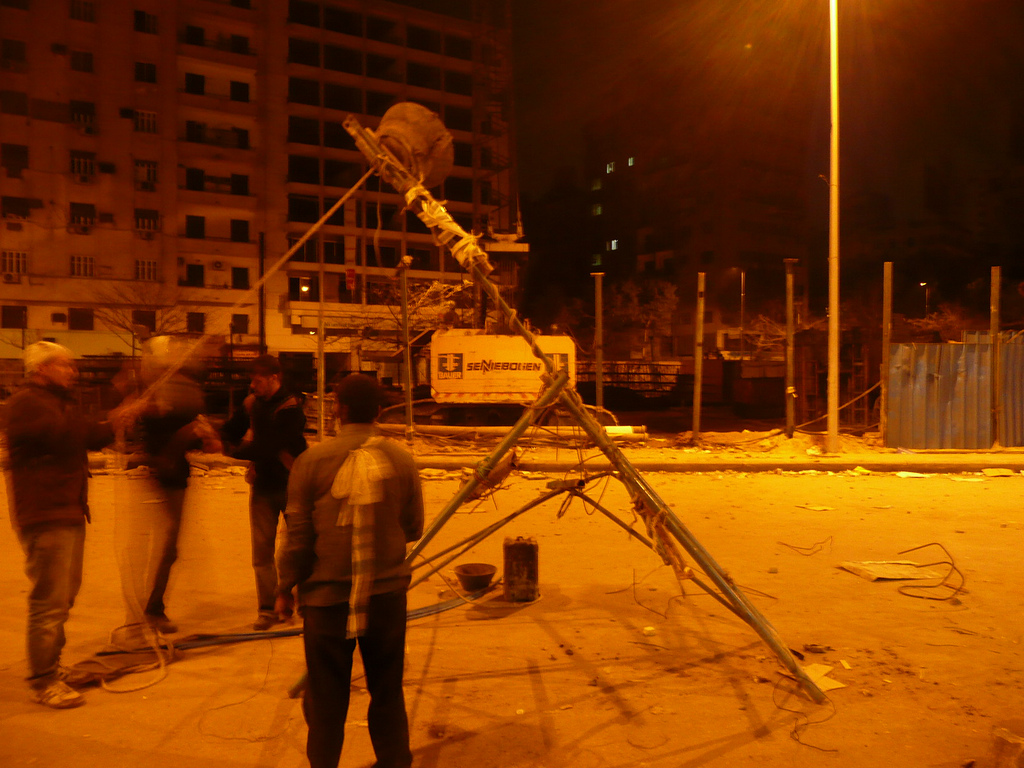- A hundred and nineteen things a punkist should know. [http://www.punk.ist]
- Firewood will save the West. [Unherd] “Our dysfunctional society must return to the hearth.”
- ‘Luddite’ Teens Don’t Want Your Likes. [NYT] “When the only thing better than a flip phone is no phone at all.”
- Papers and patents are becoming less disruptive over time. [Nature] “We find that papers and patents are increasingly less likely to break with the past in ways that push science and technology in new directions. Overall, our results suggest that slowing rates of disruption may reflect a fundamental shift in the nature of science and technology.”
- Assessing the effectiveness of energy efficiency measures in the residential sector gas consumption through dynamic treatment effects: Evidence from England and Wales. [Energy Economics] “This paper disentangles the long-lasting effects of energy efficiency technical improvements in UK residential buildings. The installation of energy efficiency measures is associated with short-term reductions in residential gas consumption. Energy savings disappear between two and four years after retrofitting by loft insulation and cavity wall insulation, respectively. The disappearance of energy savings in the longer run could be explained by the energy performance gap, the rebound effect and/or by concurrent residential construction projects and renovations associated with increases in energy consumption. Notably, for households in deprived areas, the installation of these efficiency measures does not deliver energy savings.”
- Mapping Four Decades of Appropriate Technology Research: A Bibliometric Analysis from 1973 to 2021. [Sains Humanika] “The purpose of the study is to examine the publication trends, collaborative structures, and central themes in appropriate technology studies.”
- Life in the Slow Lane. [Longreads] “Cooking all day while the cook is away. How the slow cooker changed the world.”
- Can a Robot Shoot an Olympic Recurve Bow? A preliminary study. [National Taiwan Normal University]
- Amnesty, Yes—And Here is the Price. [Charles Eisenstein] “The invisible workings of the Covid machine must be laid bare if we are to prevent something similar from happening again.”
- Reduce, re-use, re-ride: Bike waste and moving towards a circular economy for sporting goods. [International Review for the Sociology of Sport] “This study focuses on the bike and its role in global waste accumulation through various forms of planned obsolescence.”
- Civilian-Based Defense: A Post-Military Weapons System. [International Center on Nonviolent Conflict]
- Millionaire spending incompatible with 1.5 °C ambitions. [Cleaner Production Letters]
- Radical online collections and archives. [New Historical Express]
No Tech Reader #35
High Speed Archery
 Controversy in the archery world.
Controversy in the archery world.
1. Badass Danish YouTuber Resurrects Stunning Archery Skills Dating Back Centuries
2. Did That Danish Archer Fool The Whole Internet?
Thanks to Edwin Gardner.
Medieval Warfare in Egypt
The catapult seems to be en vogue these days. Following the drug catapult confiscated at the US-Mexican border ten days ago, here is a device used by the anti-government protesters at the Tahrir square in Egypt. Source: Al Jazeera. Via Liz McLellan.
Lasers or Longbows? A Paradox of Military Technology
“The paradox of military technology states that while increased complexity in a military force results in increased capability, it also increases the likelihood that the capability will be unavailable for use because of the collapse of the complex supply chain required to maintain the capability. The implication is that complex military technologies might not be the best acquisition strategy for defence forces in the future.”
“Lasers or longbows? A paradox of military technology“, The Australian Defence Force Journal (PDF 6.4 MB, from page 44). Via “The abandonment of technology“, The Oil Drum.
Mad Max Wars
The embrace of a low-tech approach by Taliban-trained bombmakers – they are building improvised explosive devices out of fertilizer and diesel fuel – has stymied a $17 billion U.S. counteroffensive against the devices in Iraq and Afghanistan, military officials say. Electronic scanners or jammers, which were commonly deployed in Iraq, can detect only bombs with metal parts or circuitry. Read.
Floating Citadels, Powered by Wind and Water Mills
This engraving, published in 1798, shows the gigantic St. Malo raft, designed in 1791 during the French Revolution. The engraving informs us that this extraordinary structure was 600 feet long by 300 broad, mounts 500 pieces of cannon, 36 and 48-pounders, and is to convey 15,000 troops for the invasion of England. In the midst is a bomb-proof, metal-sheathed citadel.







